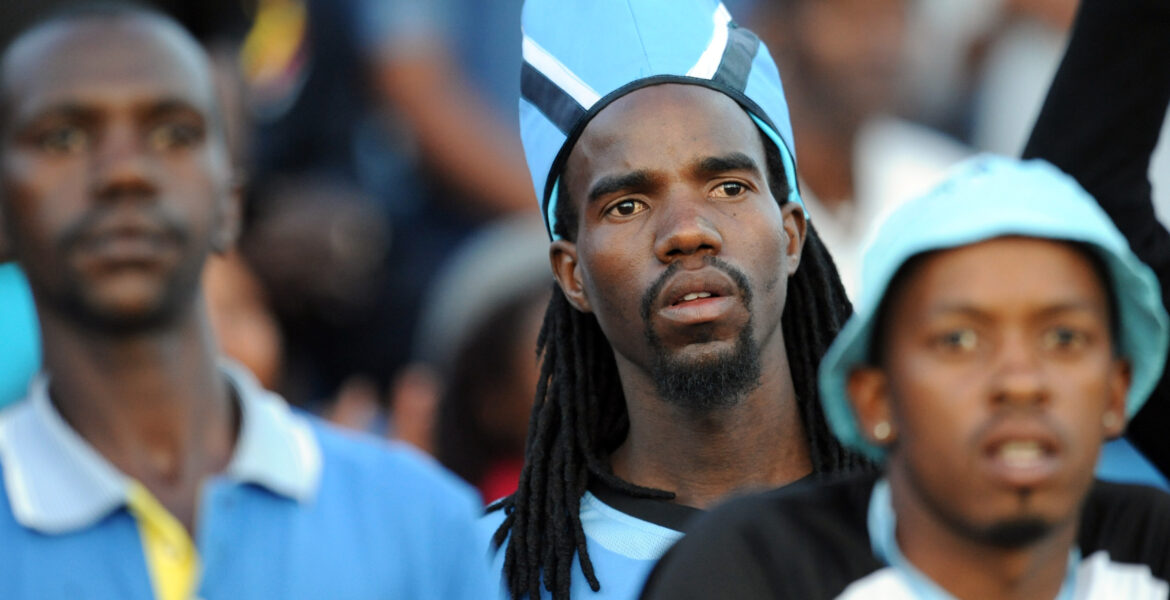- Botswana languishes at 5th worst spot of 136 countries
- Struggles to upgrade from red zone of war-torn and impoverished countries
- Expert says ranking happiness like counting Olympics medals makes little sense
- OP calls it mere unscientific perceptions
TEFO PHEAGE
Once again Botswana has been named among some of the world’s unhappiest countries, wallowing in the bottom five on the Happiness Index of 146 countries and maintaining its consistent failure to rise from the gloomy precinct.
However, the Office of the President is not in the least bothered by the umbral portrayal of the country and has dismissed the findings as mere perceptions of experts.
“We are aware of the report and our view is that its findings are just a compilation of unscientific perceptions by experts. We do not know how they measure all those perceptions,” said government spokesman John Dipowe, who added that the OP is not necessarily concerned about the report.
Dipowe was unmoved when it was pointed out to him that the government often uses similar reports to its advantage as a mark of good governance.
Published by the United Nations Sustainable Development Solutions Network, the World Happiness Report evaluates levels of happiness by taking into account factors such as GDP, social support, personal freedom and levels of corruption in each nation. The point of these indices is to motivate policymakers to improve their ranking.
Finland topped the list for the fifth time in a row in the latest World Happiness Report, which is the 10th edition. Finland is followed by Denmark, Iceland, Switzerland and the Netherlands. Among other Western countries, while the United States managed to bag the 16th position, Britain is ranked 17th and France 20th.
People in war-torn and impoverished countries like Afghanistan are the most unhappy, followed by people in Zimbabwe, Rwanda, Botswana and Lesotho.
The rankings are once more attracting criticism from some quarters in lowly-placed countries where many are rejecting them. Noah Feldman, a Harvard law professor, public intellectual and author has written that ranking happiness like a medal count at the Olympics makes little sense.
“To begin with, ranking comparative happiness is only logically coherent if we have an agreed-on conception of what it is,” Feldman said. “We don’t. It isn’t an abstractly measurable quantity. To talk about it, much less purport to measure it, is to express a belief about what it should mean.
“Self-reporting from different countries therefore doesn’t reflect standards that are common from place to place. It reflects the way people in those countries conceptualise happiness and the way they measure themselves against their own conceptions.”
According to the Harvard scholar, ranking happiness, or trying to, expresses a fantasy that it is some attainable quantity – and that someone else might have more than we do.
Happiness, as well-being, is a wonderful goal to set for ourselves, individually and collectively,” he said. “But ranking it, for a person or a country, misses the point of happiness itself.”

